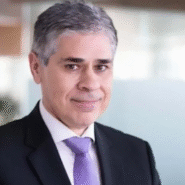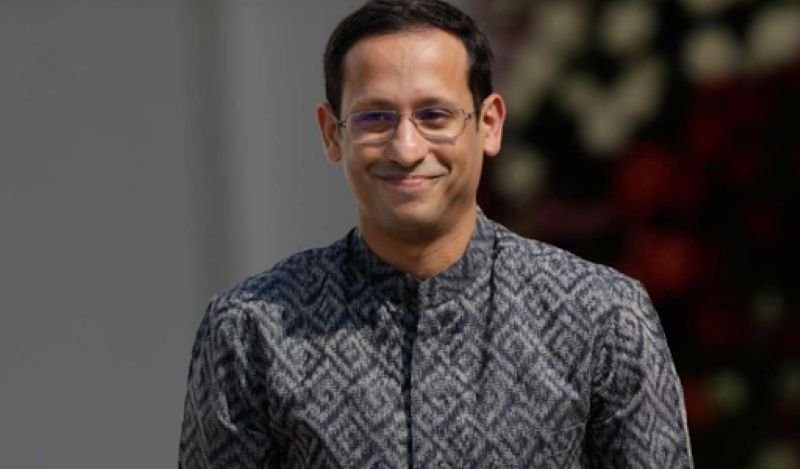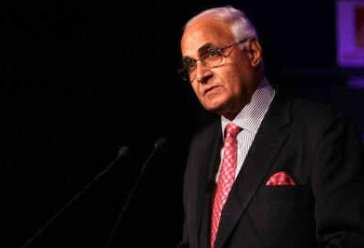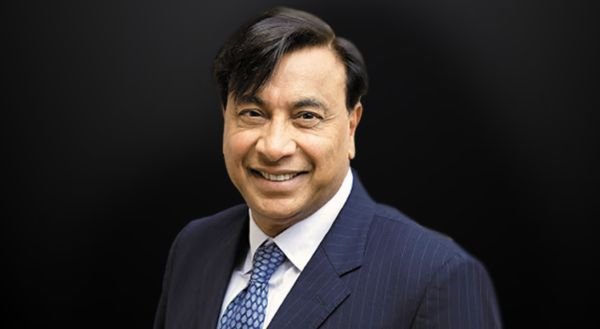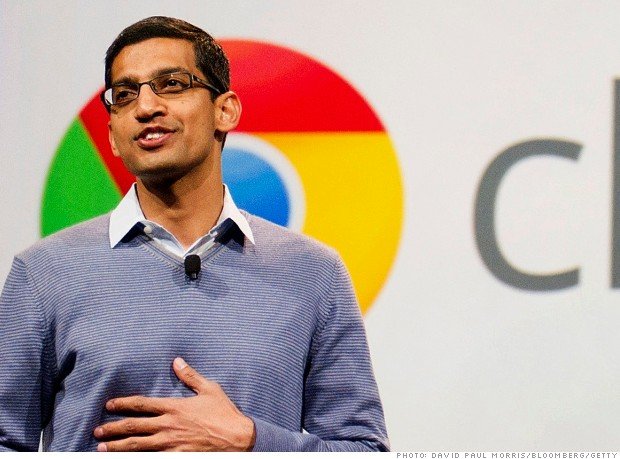Min-Liang Tan, born on November 5, 1977, in Singapore, is the current CEO, chairman, and creative director of Razer, a Singaporean company that develops video games and electronic products for gamers. Tan is the most important figure in the multinational, overseeing the creation and development of all games.
Before joining Razer and dedicating his life to digital development, Tan was a lawyer. He practiced law and served as a Solicitor in the Supreme Court of Singapore, and was recognized as one of the top 20 students in his university. Life eventually brought him together with Robert Krakoff, who, alongside his company, developed a mouse and later founded Razer.
The mentality and competitiveness of gaming fueled Tan’s winning vision, and Forbes has ranked him as Singapore’s youngest self-made billionaire. Since leaving his legal career to design a faster, more efficient mouse, Tan never imagined that Razer would grow into a multinational with offices around the world.
The early days of Razer
In 2005, when Tan partnered with Krakoff, they launched a mouse with enhanced features aimed at competing with top companies—nothing more. Before that, in 2002, he graduated from the National University of Singapore Faculty of Law, finishing among the top students in his postgraduate class, and then joined the Supreme Court of Singapore.
Tan’s strong academic background eased his entry into the business world, although with a very different vision through Razer, a company focused on consumer electronics and gaming hardware. Once he officially joined Razer, he took on the roles of CEO and creative director.
In what seemed like no time, by 2015, ten years later, Tan joined the Intellectual Property Office of Singapore, and Razer acquired software assets from competing companies. The following years brought similar moves, until he and his partner decided to take Razer public in 2017. The IPO was a great success, rising 18% on its first day and cementing Min-Liang Tan’s status as one of Singapore’s most prominent young billionaires.
Between 2019 and 2020, during the onset of the pandemic, Razer closed its physical store and launched face masks to help protect people during the coronavirus crisis.
Shift in direction and profits
In 2021, Razer recorded profits of more than $40 million—eight times higher than in 2020—and later revenue surpassed $1.6 billion. The following year, the company was struck by the sad news of Krakoff’s passing. That same year, Tan announced Razer’s delisting from the stock exchange.
Throughout his career, Tan has earned numerous awards for his impact on the industry. His fortune, built in a short period thanks to Razer’s success, has established him as a tenacious, bold, and highly mature entrepreneur. He has also appeared on lists of billionaires under 50, and although no longer ranked first, remains among Singapore’s top three richest young individuals.
Tan’s business direction has always been tied to the evolution of gamers. Razer, as a developer of games and hardware, operates in an industry that evolves by the minute thanks to technological and software advancements. In recent years, he has expanded Razer’s facilities in Singapore and focused on engaging younger generations of gamers.
In an interview, Tan emphasized that gaming comes first, and law comes second. He noted that he has been passionate about games since childhood and pursued law mainly due to family expectations. He has made cameo appearances in several video games and even acted in a film in a supporting role.
Recent Razer updates
In April 2025, Tan announced the withdrawal of several consumer electronics products from the U.S. website in response to tariffs imposed by the U.S. government. Since then, Razer has made no further public statements on the matter.
Looking back, when neither Tan nor Krakoff could have imagined building such a global gaming powerhouse, the U.S. market was not in their plans. What began as a simple mouse improvement led to the creation of Razer, now one of the world’s leading game developers—headed by Tan, a high-achieving lawyer turned one of Singapore’s youngest billionaires.

